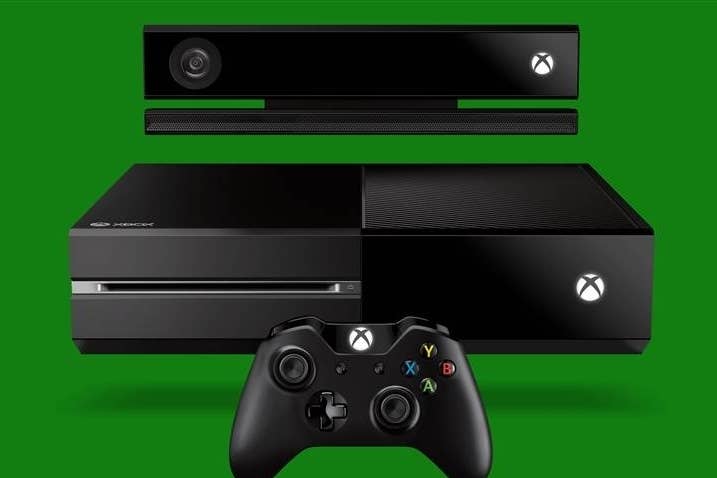E3: Microsoft, Sony unlikely to clarify used games policies
Focus on games and content will still leave many unanswered questions, says Doug Creutz
Microsoft and Sony are unlikely to share any details of their policies for used games on the new Xbox One and PlayStation 4 consoles at E3 next week, instead focusing purely on video game content.
That's the opinion of Cowen & Company's Doug Creutz, who said that both companies have a lot to prove at the annual games show, as they continue to feel the pressure with increased competition from mobile and PC gaming.
"For Sony, the challenge is how to differentiate the PS4 from what Microsoft is offering, given how badly the PS3 has lagged the 360 in Western markets"
It's expected that Microsoft and Sony will charge consumers who buy games second hand to access the content, ensuring the hardware manufacturers and the publishers receive a cut of used games sales.
However, Microsoft's message has been mixed, while Sony has stayed relatively quiet on the subject. While consumers and the press have pushed Microsoft, and to a lesser degree Sony, to lay out their plans, both have been reluctant, leaving many to assume costs to activate second hand games will be high.
GamesIndustry International has been told by Microsoft that it will not be offering press any time with senior executives to discuss the Xbox One business during E3, suggesting it wants to focus purely on games experiences.
"We doubt either Microsoft or Sony will address pricing for current- or next-gen consoles at E3, though we do think there is a chance that Nintendo could announce a (badly needed, in our opinion) price cut for the Wii U in an attempt to steal some thunder," Creutz told investors.
"We also don't expect to hear any official word on what the used-game policy will be on next-gen consoles."
Microsoft's imperative at E3 will be to prove the Xbox One as a video game console, after a big reveal last month that focused on TV, sports and entertainment. Sony's needs to show consumers - particularly in the US - that it has a machine capable of standing shoulder-to-shoulder with Microsoft in terms of games, and differentiate the PlayStation 4 in terms of variety of content and services.
"For Microsoft, the key will be to strongly reach out to the core gamer audience given that its early messaging has been more focused on the Xbox One's capabilities as an all-around media device," said Creutz.
"While we believe a mass market strategy is the correct approach for the long term, Microsoft still needs the gamer crowd to show up on launch day to ensure it keeps the positive momentum it has gained through the latter years of the 360's life cycle.
He added: "For Sony, the challenge is how to differentiate the PlayStation 4 from what Microsoft is offering, given how badly the PS3 has lagged the 360 in Western markets."

